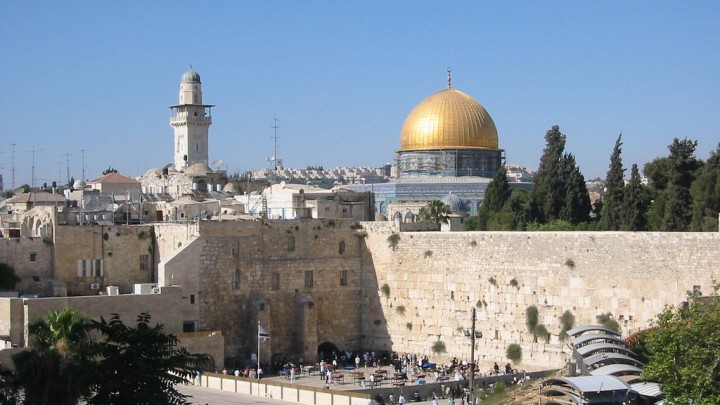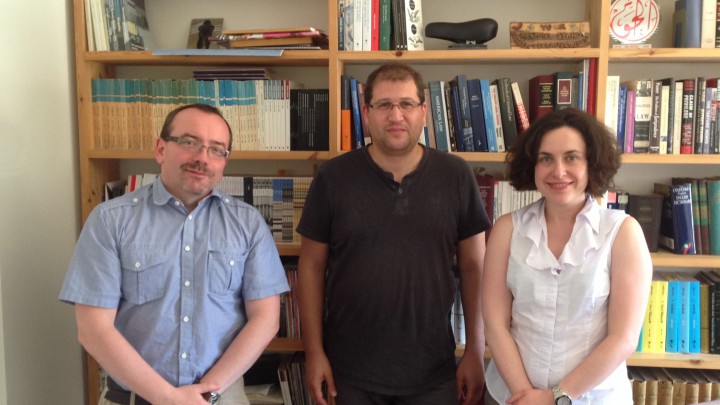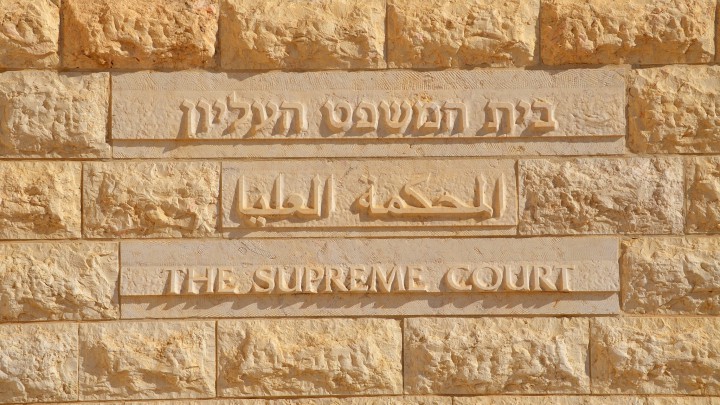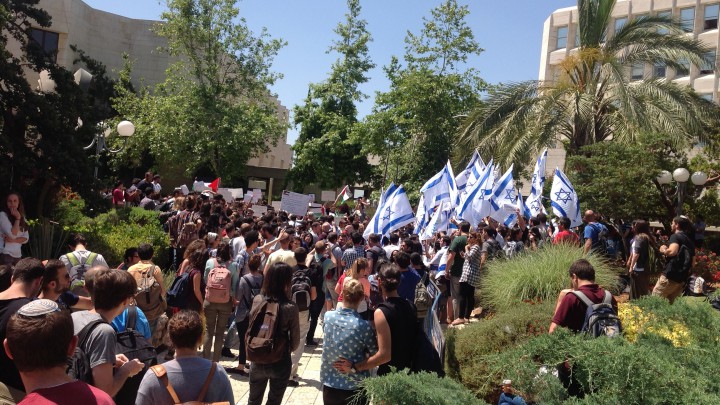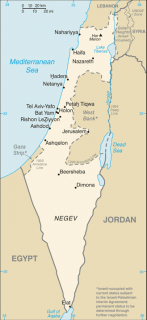Overview
The rule of law has played a central role in the construction of national identity in Israel. Successive wars, the ongoing Occupation, and the significant shift to the right in Israeli politics have nonetheless led to concerns domestically and internationally about adherence to human rights standards, both in Israel and the Occupied Territories.
For the Jewish people, the struggle to create the state of Israel signalled a return to the land of their forefathers and the prospect of an end to centuries of persecution. For the Palestinians it heralded colonisation, forced expulsion and military occupation, followed by a long and difficult struggle to reassert Palestinians self-determination.
The region has been marred by a succession of violent conflicts. The scale of human rights abuses has presented numerous challenges for human rights lawyers in litigating to uphold the rule law, defending their clients and working to protect the rights of all in a highly politicised environment. Across the political spectrum, law and legal settings have been crucial sites of the broader political and ideological struggle.
Israeli legal culture bears the hallmarks of Ottoman law, British common law, Germanic legal training, Jewish tradition and religious law and, more recently, American law. Its political culture is torn internally by many rifts, including those between Jewish immigrants from European and Middle Eastern backgrounds, the religious-secular divide, socio-economic divisions, and the tension between Jewish and Arab citizens. Social and political life has been overshadowed by military and security issues and the fusion of liberal and militaristic discourses has naturally given way to many challenges around the rule of law. The state is arguably one of the most lawyered in the world – with an exceptionally high rate of lawyers per capita.
Research Themes
- Political / state / military / religious influences on legal system.
- Consequences for democracy of ‘non-governability’ problem.
- Relationships between ‘grassroots anti-occupation’ activists (e.g. Ta’ayush, Solidarity Sheikh Jerah, Anarchists Against the Wall), and human rights lawyers and organisations.
- Use of human rights language by right-wing organisations (e.g. Almagor-Terror Victim Organisation) and right-wing lawyers.
- Impact of human rights litigation and the possibility of boycott of legal settings and issues.
- Role and influence of international humanitarian law (e.g.as a basis for claimsmaking and mobilisation).
- Domestication of international law.
- Impact of the Occupation on democracy and the rule of law within Israel.
- Lawyers as key actors in public bodies, political parties and state institutions.

